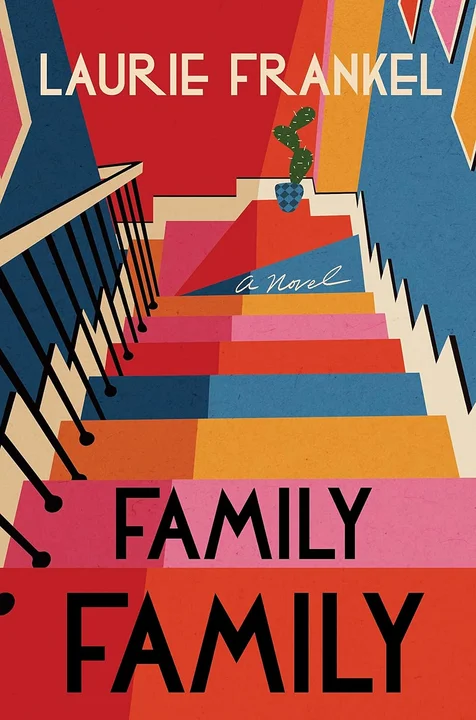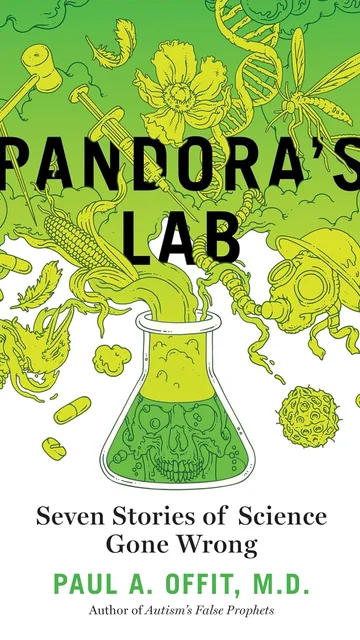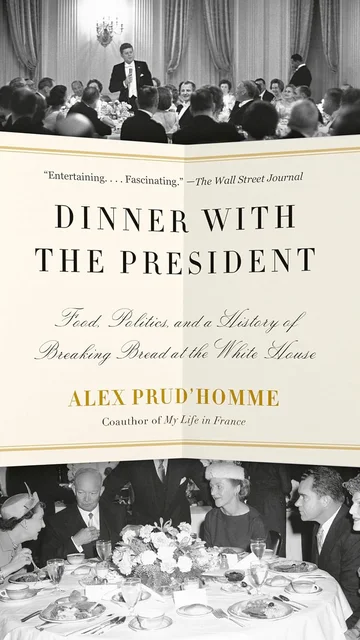
Laurie Frankel has written five novels all concerned with family; how we define that unit, the various forms it may take, the interaction between parents and children and between siblings, and, most importantly, about the glue that holds us all together, love. Her novels tackle tough topics but always with joy and acceptance. At least two of her novels, "This is How It Always Is" and the recent "Family Family" address family situations in Frankel's own life.
"Family Family" is a story about adoption. When the novel opens, movie star India Allwood has just finished making a film about a single mother forced to put up her child for adoption. Both mother and child become drug addicts though they later reunite happily in rehab. What the public doesn't know, however, is that India has a lot of experience with adoption. When India says to an entertainment reporter, "Not all stories of adoption are stories of pain and regret. Not even most of them. Why don't we ever get that movie?", the story goes viral and the public is outraged.
Frankel moves back and forth in time, interweaving the present-day story of India and her two adopted children with the story of India's rise to stardom. While her characters are delightful and her narrative voice as humorous as in her previous books, "Family Family" is less nuanced and more didactic than her previous works. Her thesis is stated very directly early in the novel. "There are lots of ways to make a family. Suggesting yours is tragic unless everyone's blood related isn't serving anyone...Everyone needs their stories told, and not just told. Celebrated. We keep telling kids they're incomplete just because they're adopted. Maybe that's what's making them feel sad they don't belong. Everyone feels sad they don't belong sometimes. We have to do better than telling adopted kids that they're the only ones or that being adopted is the reason why." In her Author's Note at the end of the book, Frankel, who is an adoptive parent, explains her personal choice to adopt a child more fully and says, "In fiction and nonfiction, books and television, movies and plays, even in musicals, the people in adoptive families resort to adoption because they have no other choice. Lacking any other option, they settle for it, and at best, make do with inferior circumstances, the lesser number of evils. But my family in not an evil. It is not inferior or settled for. And I think adoption wouldn't be so many people's last resort if we stopped insisting that it was one. The choices I made---joyfully, ardently---are rarely considered a possibility. They are rarely even considered choices."
Like all Frankel's books, "Family Family" is a fun read. She gives us an intricate web of adopted parents and children that somehow all blend together in one giant family unit. In the novel, the adoptions described are all win-win for the adults and children. While one may agree with Frankel that these happy stories should be celebrated it is hard not to feel that these examples are a bit unnaturally perfect. To reveal much more of the plot is impossible without a lot of spoilers. I was reminded of a line from Sesame Street that has always stuck with me, "Family comes in all shapes and sizes." All families are complicated and all are unique. For a reader, Frankel's family is a joyful place to spend time.
 Skip to main content
Skip to main content


